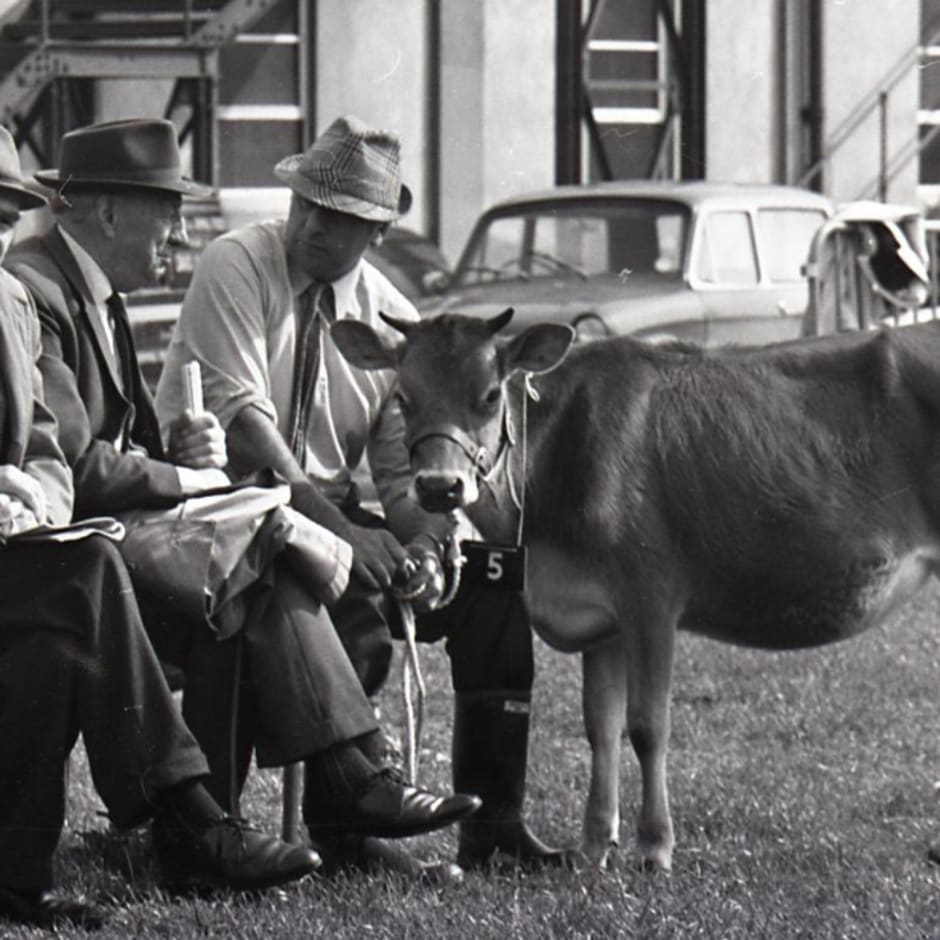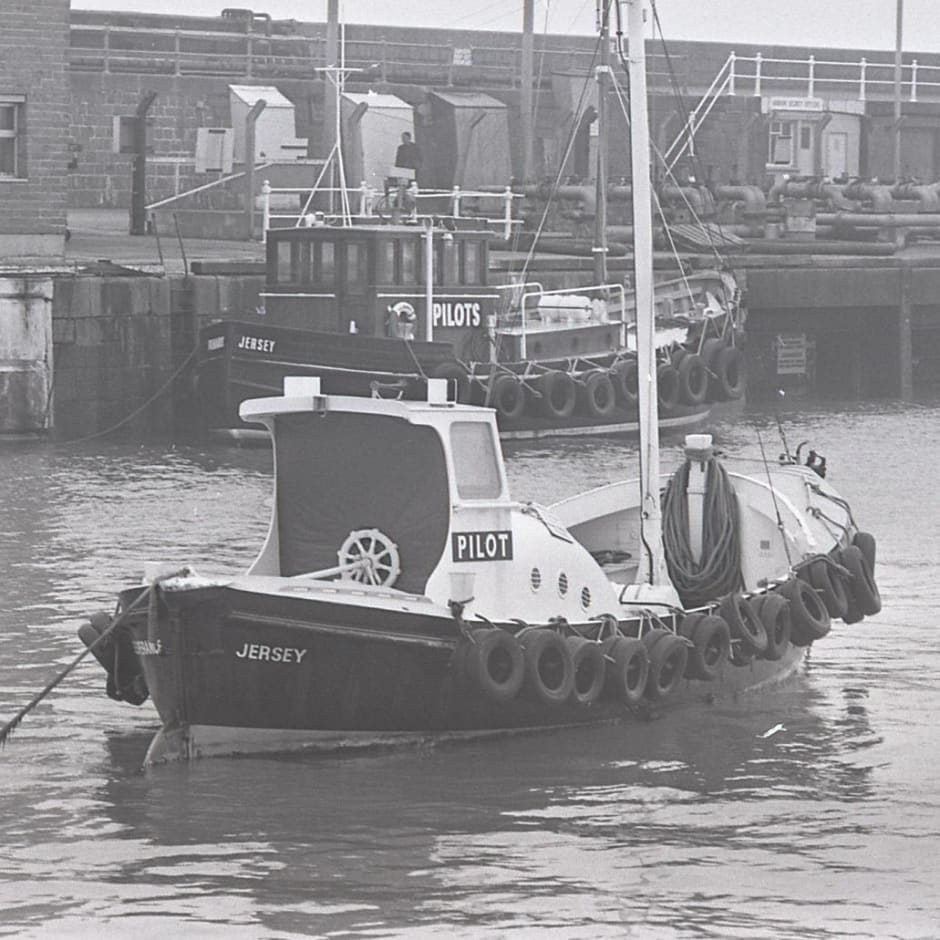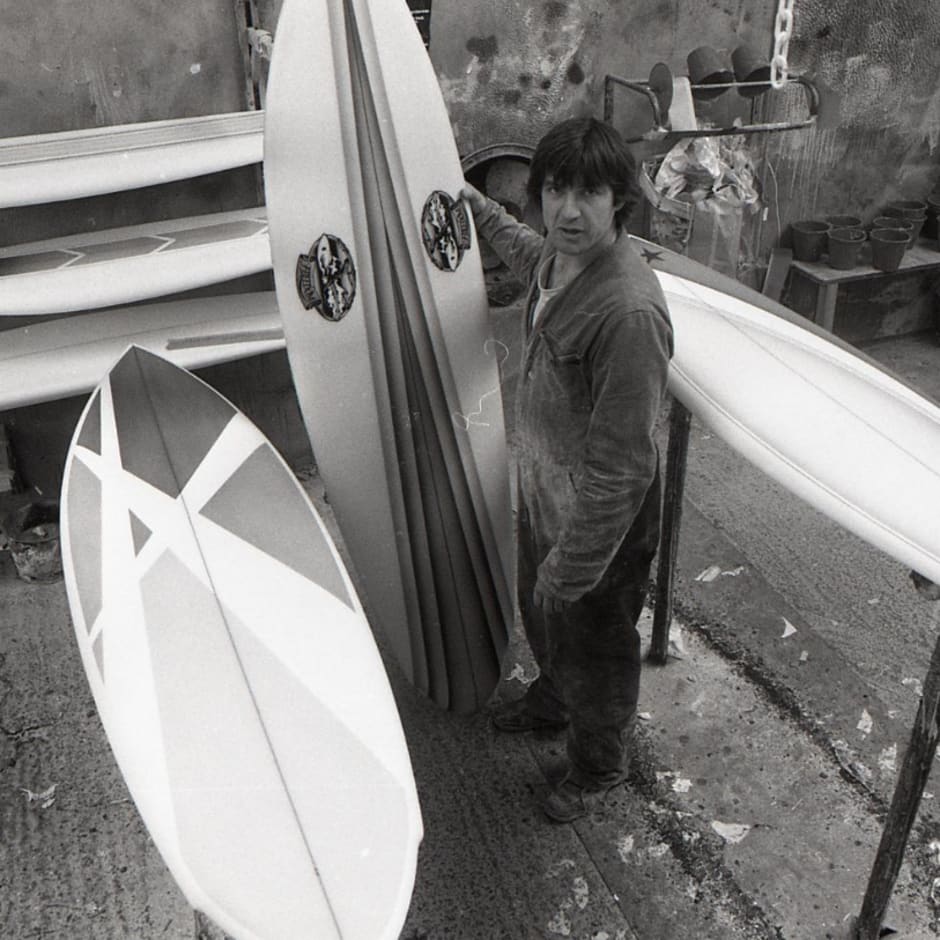
Intangible cultural heritage is a unique blend of collective experience that makes us Jersey
What is intangible cultural heritage (ICH)?
ICH is not an object you can hold in your hand. It is held in the things we do, the way we do them, the things we say, the local references we make, the knowledge we hold, the memories we share, the traditions we value and the unique blend of collective experience that makes us Jersey.
Jersey is just starting its journey to create a list of intangible cultural heritage that has significance for Islanders today and that, therefore, as an Island, we agree should be safeguarded for transmission to future generations.
Here are just three of the things that contribute to Jersey’s ICH. It’s not British, it’s not French, it’s not Guernsey, it’s uniquely Jersey – crafted over centuries by Islanders.
Images from the Jersey Evening Post Photo Collection.
We’re asking practitioners, community groups or ICH champions to share their traditions, language, knowledge, habits, beliefs and customs to create a list of the Island’s intangible cultural heritage.
It is vital that any list of ICH is alive, doesn’t look to the past and is not created by academics, museums or ‘experts’. It has to be real and vibrant for groups in Jersey today. This is why we are asking you to start a conversation with your community around what intangible cultural heritage you think is important to preserve.
In simple terms, what would you want to pass to the next generation?
If you have a suggestion, here’s what to do:
Check your suggestion is:
- intangible – for example, a float created for the Battle of Flowers would not be included because it is tangible, but the tradition of holding the annual festival and the knowledge of float building are intangible;
- shared in our community – it cannot be something only you or your family do or know, but something that brings groups of Islanders together in a shared, often unspoken, understanding of what is happening;
- uniquely Jersey – for example, going to the beach is not unique to Jersey, but choosing the right beach depending on the wind, tide and activity planned requires local knowledge.
Fill out the form below to make your suggestion. Suggestions will be added to our ICH list. This list will be published for public consultation and the top entries put forward for UNESCO World Intangible Heritage status. Alternatively you can email ich@jerseyheritage.org with a short paragraph explaining what it is and why you think we should include it, or email us to discuss your idea or arrange a meeting with your community group.
Your data will be held in accordance with our privacy policy.
Inventory of Intangible Cultural Heritage of Jersey
Do you have a suggestion for Jersey’s ICH inventory? If so, please give us some information using this form.












